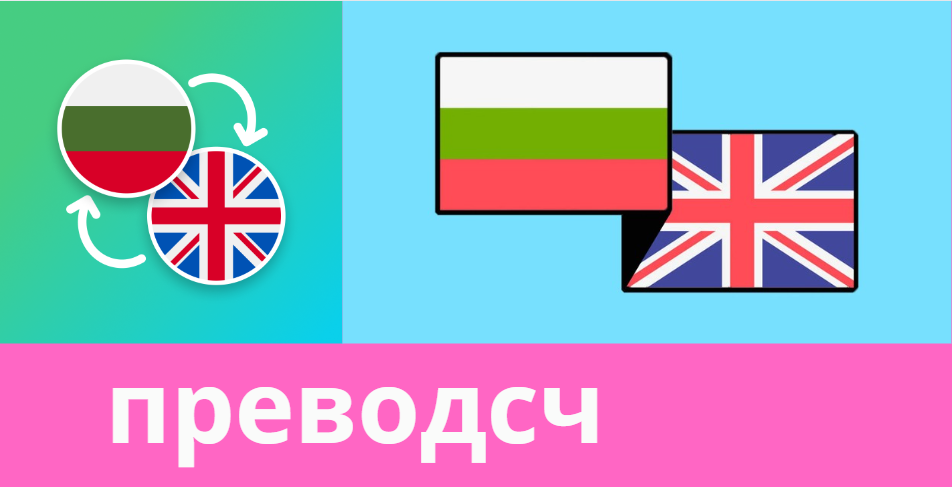Преводсч: Understanding Its Origins, Usage, and Significance
Contents
Introduction
The term “преводсч” is rooted in Slavic languages, particularly Bulgarian. While the word may not be widely recognized in English-speaking regions, understanding its meaning, usage, and cultural significance offers valuable insights into Slavic linguistics and cultural expression. This comprehensive article aims to explore the term “преводсч” in depth, providing original interpretations, detailed analyses, and insights that go beyond the information currently available online.
What Does “Преводсч” Mean?
Etymology of “Преводсч”
The word “преводсч” originates from the Bulgarian language, a member of the Slavic language family. The term is composed of two parts: “превод,” meaning “translation,” and “сч,” which can be seen as a suffix used to form nouns in some Slavic languages. The combined term “преводсч” can be loosely translated as “translator” or “one who translates.” However, the word’s connotations may extend beyond this simple definition, reflecting cultural nuances and historical context.
Usage of “Преводсч” in Bulgarian Language
In modern Bulgarian, “преводсч” is used to refer to someone who engages in the act of translating. This could be a professional translator working with written or spoken language, or even a person who facilitates communication between speakers of different languages in more informal settings. The term is not limited to linguistic translation; it may also imply the act of interpreting ideas, meanings, or cultural expressions from one form to another.
The Role of “Преводсч” in Slavic Culture
Historical Context
The concept of translation has deep roots in Slavic culture, where it has played a crucial role in the preservation and dissemination of knowledge, religious texts, and literary works. Historically, translators were often revered figures, responsible for bridging the gap between different cultures and linguistic groups. The term “преводсч” encapsulates this historical importance, embodying the role of the translator as a cultural mediator.
Cultural Significance
In Bulgarian culture, and by extension in other Slavic cultures, the act of translation is not merely a mechanical process but a creative and interpretative one. The “преводсч” must not only understand the literal meanings of words but also capture the nuances, emotions, and cultural context embedded in the original text. This task requires a deep understanding of both the source and target languages, as well as the cultures they represent.
Linguistic Analysis of “Преводсч”
Phonological Structure
The word “преводсч” is phonetically complex, characteristic of many Slavic words. The prefix “пре-” is commonly used in Bulgarian to indicate an action that is completed or perfected, while “вод” is related to leading or guiding, suggesting the role of the translator as one who guides meaning across linguistic boundaries. The suffix “-сч” adds a nominal quality, turning the verb form into a noun.
Morphological Aspects
Morphologically, “преводсч” is an example of how Bulgarian and other Slavic languages create new words through the combination of roots and affixes. This process allows for the creation of highly specific terms that convey complex ideas in a single word. The use of the “-сч” suffix is particularly interesting, as it reflects a pattern in Slavic languages where nouns are formed from verb stems to denote the agent of an action.
Semantic Implications
The semantic richness of “преводсч” goes beyond its literal translation as “translator.” The term implies a deep understanding of language and culture, as well as the responsibility of accurately and faithfully conveying meaning from one linguistic context to another. This semantic depth makes “преводсч” a particularly meaningful term in discussions of translation and cultural exchange.
The Importance of “Преводсч” in Modern Translation Practices
Professional Translation
In the professional world, translators, or “преводсч,” play a vital role in global communication. Whether translating legal documents, literary works, or technical manuals, the “преводсч” must possess a high level of expertise in both the source and target languages. The accuracy and reliability of translations are critical, as even minor errors can lead to significant misunderstandings or legal complications.
Literary Translation
One of the most challenging and rewarding forms of translation is the translation of literature. Literary translators must not only convey the literal meaning of the text but also capture its style, tone, and emotional impact. The term “преводсч” in this context takes on a particularly rich meaning, as the translator becomes a co-creator, bringing the original author’s voice into a new language and cultural setting.
Translation in Technology
With the advent of technology, the role of the “преводсч” has evolved. Machine translation tools like Google Translate have become increasingly sophisticated, but they still cannot fully replicate the nuanced understanding that a human translator brings to the task. The “преводсч” remains essential in ensuring that translations are not only accurate but also culturally appropriate and contextually relevant.
Challenges Faced by “Преводсч”
Cultural Differences
One of the greatest challenges for any “преводсч” is navigating cultural differences. Language is deeply intertwined with culture, and a word or phrase in one language may not have a direct equivalent in another. The “преводсч” must be adept at identifying these cultural nuances and finding ways to convey them in the target language without losing the original meaning.
Maintaining Accuracy
Accuracy is paramount in translation, but it is often difficult to achieve. The “преводсч” must balance the need for precision with the need to convey meaning in a way that is understandable and meaningful to the target audience. This balancing act requires a deep understanding of both languages, as well as the subject matter being translated.
Ethical Considerations
The “преводсч” also faces ethical dilemmas, particularly when translating sensitive or controversial material. The translator must decide how to handle potentially offensive language or content, whether to remain faithful to the original text or to adapt it to be more acceptable in the target culture. These decisions can have significant implications for how the translation is received and understood.
FAQs about “Преводсч”
What is the literal meaning of “преводсч”?
“Преводсч” literally translates to “translator” in English. However, the term carries broader implications in Slavic cultures, where it denotes someone who not only translates language but also interprets and conveys cultural meanings.
How is “преводсч” used in modern Bulgarian?
In modern Bulgarian, “преводсч” is used to refer to anyone engaged in the act of translation, whether in a professional or informal capacity. It can apply to translators of written texts, interpreters of spoken language, or even individuals who facilitate communication between different linguistic groups.
What challenges do “преводсч” face in their work?
“Преводсч” face numerous challenges, including navigating cultural differences, maintaining accuracy, and making ethical decisions about how to handle sensitive or controversial material. These challenges require a high level of linguistic and cultural competence, as well as professional judgment.
Can technology replace the role of the “преводсч”?
While technology has greatly enhanced translation capabilities, it cannot fully replace the human “преводсч.” Machine translation tools often struggle with cultural nuances, idiomatic expressions, and the subtleties of language that a human translator can interpret and convey more effectively.
Why is the role of the “преводсч” important in global communication?
The “преводсч” plays a crucial role in global communication by bridging linguistic and cultural divides. Accurate and culturally sensitive translations are essential for effective communication in a globalized world, making the work of the “преводсч” indispensable.
Conclusion
The term “преводсч” may be rooted in the Bulgarian language, but its significance extends far beyond linguistic boundaries. As both a translator and cultural mediator, the “преводсч” plays a vital role in fostering understanding and communication between different linguistic and cultural groups. This article has explored the etymology, usage, and challenges associated with the term “преводсч,” providing insights that go beyond existing information and highlighting the importance of this role in a globalized world.
By delving into the complexities of translation and the cultural nuances embedded in the term “преводсч,” this article aims to offer a comprehensive and informative resource for anyone interested in the art and science of translation. Whether you are a professional translator, a student of linguistics, or simply curious about the intricacies of language, understanding the role and significance of the “преводсч” provides valuable insights into the power of language to connect and communicate across cultures.

